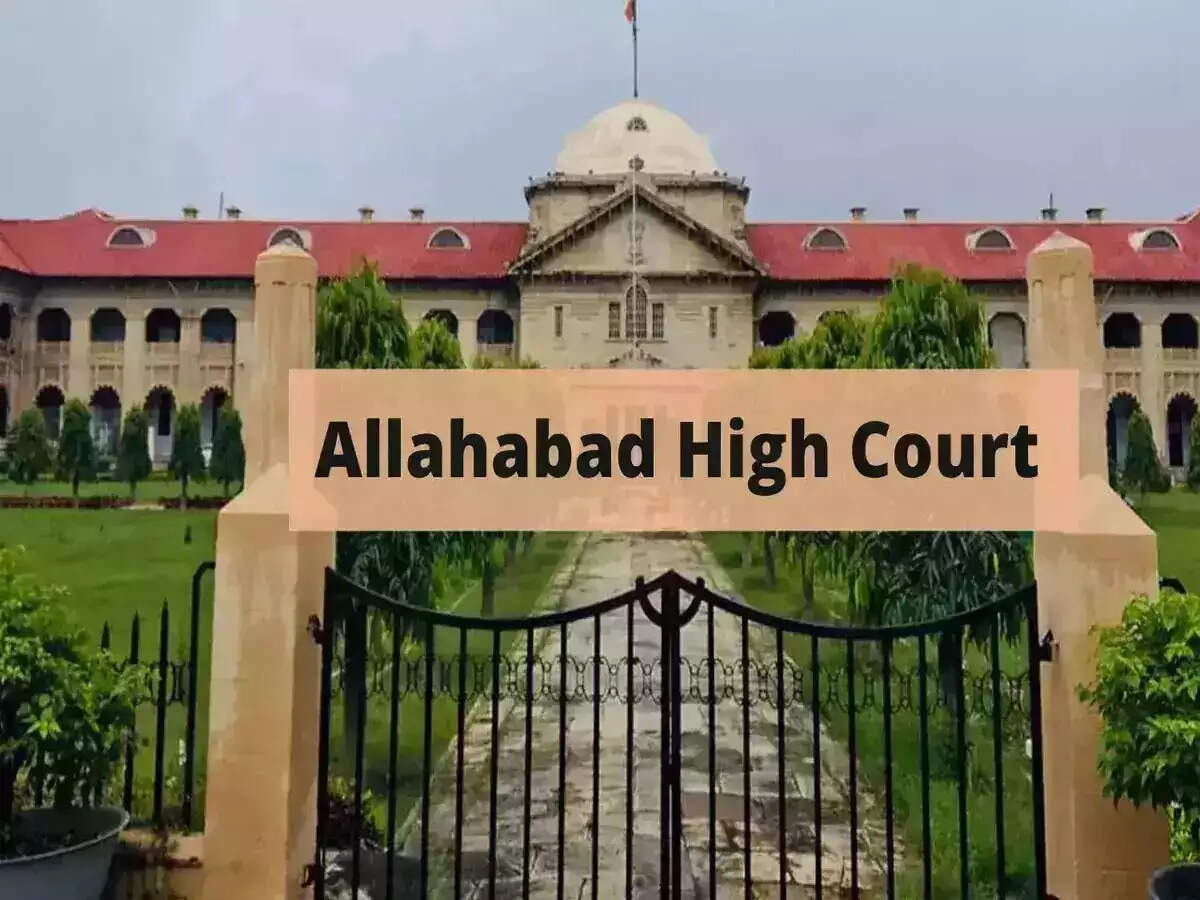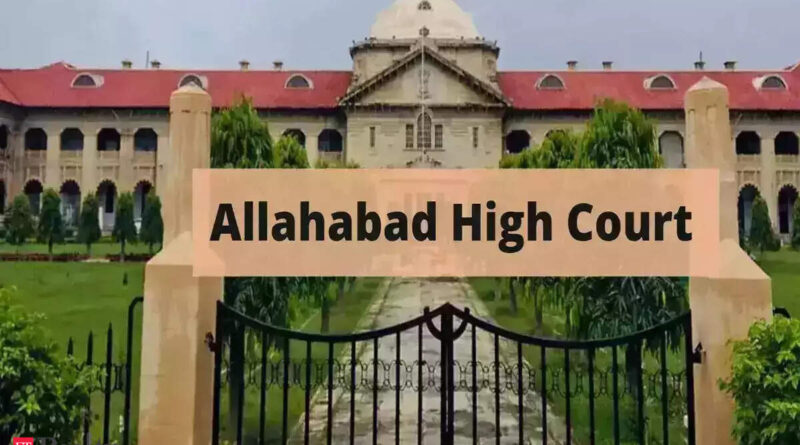Allahabad HC rejects YEIDA’s Rs 114 crore transfer fee demand on Gaursons Mega Projects, ET RealEstate

NOIDA: The Allahabad high court has struck down a Rs 114-crore transfer fee demand imposed by Yamuna Expressway Industrial Development Authority (YEIDA) on Gaursons Mega Projects Pvt Ltd, ruling that such charges cannot be levied without the state govt’s approval.
The judgment, delivered on Friday by a bench of Justices Anjani Kumar Mishra and Kshitij Shailendra, could impact numerous real estate transactions that followed a similar model in the region.
The court held that while YEIDA had the power to frame regulations under Section 19 of the UP Industrial Area Development Act, 1976, these could not be implemented without an approval from UP govt.
The case is related to a 71,627sqm commercial plot in Noida Sector 129, which is part of Jaypee Greens Wish Town.
The plot’s history traces back to 2008, when YEIDA (then Taj Expressway Authority) leased it to Jaypee Infratech Ltd (JIL) under a broader concession agreement signed in 2003. The original agreement granted rights to Jaiprakash Associates Ltd (JAL) to carry out development over 25 million sqm along the Yamuna Expressway corridor.
In Aug 2023, JIL sub-leased the land to JAL for 90 years, which then executed another sub-lease to Gaursons. When Gaursons applied for a mandatory no-objection certificate (NOC), YEIDA demanded a transfer fee of Rs 114 crore, citing a 2017 office memorandum.
The 2017 memorandum, which was discussed at YEIDA’s 61st board meeting, stipulated a 10% transfer charge on total land value for builder townships and group housing projects coming up on 25-250 acres. Despite the YEIDA board backing this policy, no govt approval was taken for it.
Gaursons challenged YEIDA’s demand for the transfer fee, arguing it violated the original concession agreement’s terms, which allowed unfettered sub-leasing rights without additional payments.
The company also contended that the UP Industrial Area Development Act didn’t empower YEIDA to levy such charges without properly framed and approved regulations.
The high court agreed, pointing out that implementing regulations — especially those involving fees — required prior govt approval.
“Section 19 gives the Authority power to make regulations not inconsistent with the provisions of the Act. However, for implementation of a regulation, prior approval of the state government is mandatory,” the bench observed.
Referring to the lack of govt approval, it added, “For this reason alone the resolution of the board meeting cannot be implemented as it lacks approval of the state government, in so far as the rate at which transfer fees is being charged/demanded.”
While the court didn’t quash the 2017 YEIDA memorandum itself, it clarified it was “unenforceable” without state sanction. The bench asked the Authority to process Gaursons’ NOC application on the transferred land without insisting on any additional charges.
The verdict could significantly impact real estate developers acquiring land through sub-leases in the Yamuna Expressway region, where similar transfer charges have been imposed. It could also challenge YEIDA’s authority to levy such fees without proper statutory backing.



